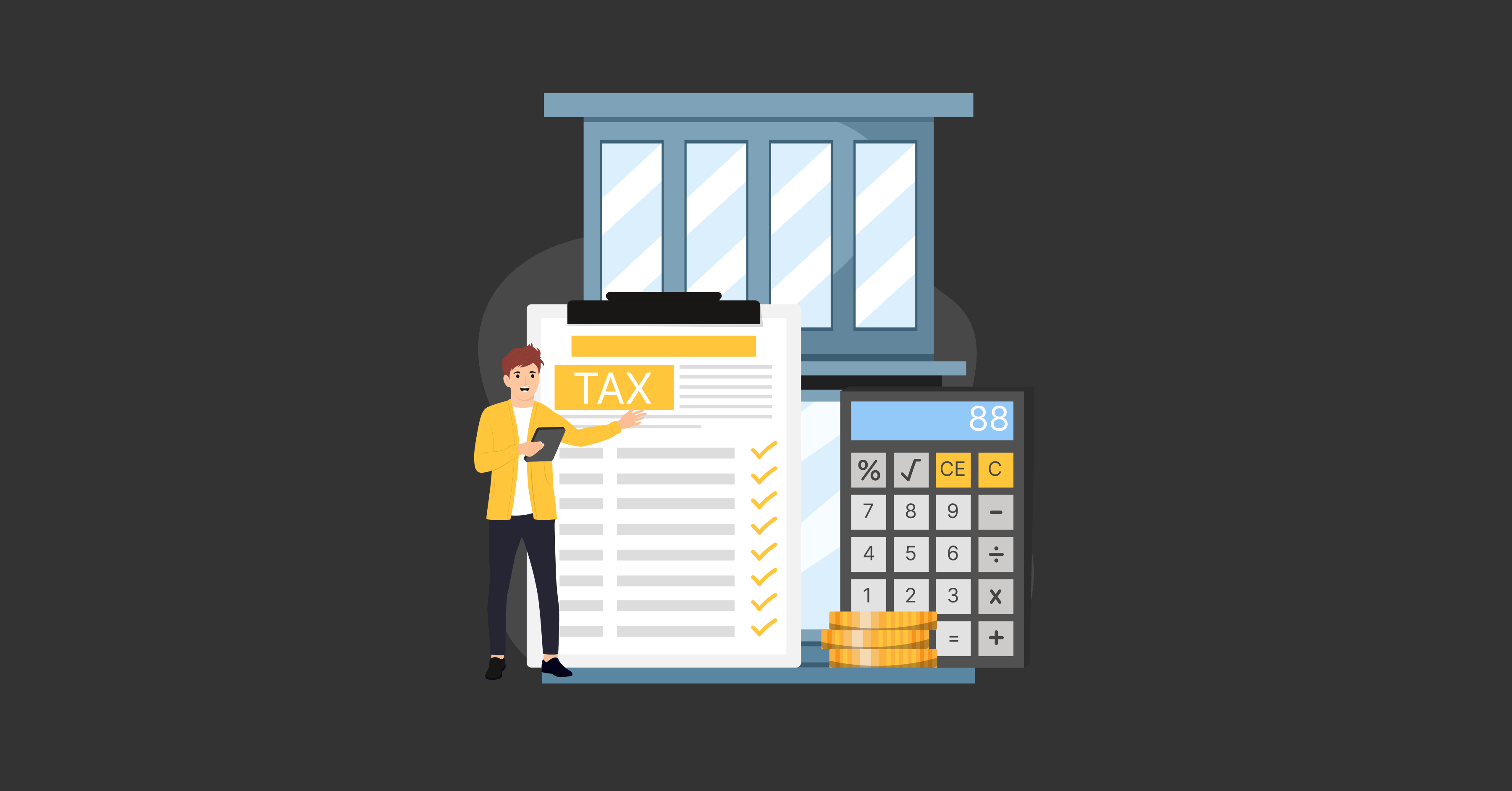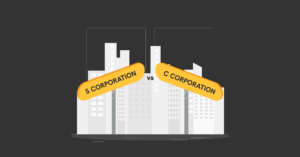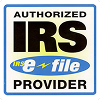A lot of responsibilities come with running a small business. They have to bear different costs as well as tax liability. Considering all these things, it is essential to understand small business tax savings and tax deductions. This helps small business owners remain compliant with IRS regulations. Failing to claim eligible deductions can lead to overpaying taxes and missing out on potential savings.
The IRS allows small businesses to claim certain deductions. These tax savings help small businesses in various aspects. With the help of these small businesses, they can shrink the tax burdens. This article is a comprehensive guide that explores the most common write-offs available to small business owners and how you can take advantage of them while remaining compliant with IRS regulations.
What is a Tax Deduction?
A tax deduction, also known as a write-off, reduces taxable income, lowering the overall tax liability. Suppose a small business owner earns $100,000 in revenue but has $20,000 in deductible expenses; only $70,000 is taxable income. There are many expenses for a small business, but that particular expense must be deductible.
Most Common Tax Deductions or Write-offs
Small businesses can avail themselves of numerous tax deductions and save money. Some of the most common write-offs are given below:
1. Self-Employment Tax Deduction
Social Security and Medicare taxes are self-employment taxes. Small business owners, independent contractors, and freelancers are also entitled to pay self-employment tax. The self-employment tax rate is 15.3% on net earnings, which is distributed between Social Security (12.4%) and Medicare (2.9%). Employee and employer each has to pay a 7.65% tax. The IRS allows self-employed individuals to deduct the employer-equivalent portion of self-employment tax as a business expense.
2. Home Office Expenses
If you use a home office exclusively for business, you may deduct a portion of your housing expenses. Two ways are available to reduce home office expenses:
• If you are using your home for business, you can deduct $5 per square foot. The upper limit for it is 300 square feet. This method is called the simple method.
• In another method, which is known as the standard method, you must track the actual expenses of maintaining your home. Eligible expenses include real estate taxes, mortgage interest, rent, and utilities, but not personal services like housekeeping or landscaping. Then, you need to multiply the percentage of your home devoted to business use with these expenses.
According to the IRS, small businesses must have an exclusive portion of the house for business, and you must use that space regularly for your business only. Additionally, you must use the space regularly and primarily for business-related activities.
3. Depreciation
If you purchase furniture or any other equipment for business purposes, the depreciation rule applies. You can spread the cost over the year rather than one go. To avail yourself of a quicker tax benefit, you should expense these items upfront. According to the IRS rules, as a small business owner, you can write off the full cost in multiple ways, and these are:
• As per the IRS, businesses get the opportunity to elect to expense assets that have a cost lower than $2,500 per item in the year they are purchased. To get more information about this de minimis safe harbor election, you can go through the IRS FAQs.
• The Section 179 deduction allows you to deduct a maximum of $1,250,000 of property placed in service for a particular tax year. It is applicable to off-shelf, new, and used property as well. When you are claiming a Section 179 deduction, it will not affect your net business return.
• In bonus depreciation, small business owners can deduct 100% of the cost of computers, appliances, and other equipment.
4. Travel Expense Deduction
In a general business trip that lasts longer than an ordinary workday requires to stay, rest, and sleep. To qualify for the deduction, it must be ordinary, necessary, and away from your tax home. Here, tax home means outside the city from the business location. According to the IRS guidelines, business travel expenses include using transportation (car, train, or flight) at a business location, meals, lodging, parking, or business calls. You have to maintain the record to claim the deduction.
5. Business Meals Deduction
As a small business owner, you can deduct 50% of food and beverage costs. Although you must satisfy certain criteria, such as that the food has to be necessary and ordinary, not lavish, and you or your employee must be present at the meal. Whether employees are working late or meals are delivered in the office picnic, the deductible percentage is 100.
6. Internet and Phone Bills Deduction
The IRS permits small businesses to reduce telephone and internet bill expenses. You have to differentiate between personal and business phone costs and internet usage. You cannot deduct the expenses for personal telephone and internet use.
7. Education Deduction
The IRS has a set of lists that are qualified for valid business expenses, and these are:
• Books and classes on improving skills related to your business.
• Seminars, workshops, or webinars to enhance the skill
• Expenses of transportation to and from classes
• Professional publications or subscriptions to trade
8. Personal Tax Deductions for Business Owners
Small business owners can claim personal tax deductions on Schedule C or Form 1065’s Schedule K-1. There are some categories related to it:
• Charitable Contributions: Although LLCs, partnerships, and sole proprietorships cannot deduct charitable contributions as business expenses, small business owners can. In Form 1040, you can write off this expense up to $300 of cash contributions, and beyond this limit, it must be itemized in Schedule A.
• Retirement Contributions: Business expenses for employee retirement contributions can be deducted. You have to check the retirement plan type from the IRS’s tips section to calculate your retirement plan contribution and deduction.
• Health Care Expenses: Out-of-pocket medical costs where office co-pays and the cost of prescriptions are included can be written off on Schedule A. Additionally, self-employed businessmen can deduct the expenses of health insurance premiums for themselves and any other dependents.
FAQ’s
- What qualifies as a business expense for tax deductions?
A business expense must be necessary and directly related to running the business, such as office supplies, rent, travel, and employee wages.
- Can I deduct home office expenses if I work from home occasionally?
No, to qualify for a home office deduction, the space must be used exclusively and regularly for business purposes.
- How do I deduct business travel expenses?
Business travel expenses like transportation, lodging, and meals can be deducted if the trip is necessary and outside your tax home.
- Are personal phone and internet expenses deductible?
Only the portion of phone and internet usage directly related to business operations is deductible, not personal use.
- Can I write off meals with clients or employees?
Yes, business meals are 50% deductible, provided they are necessary, not excessive, and at least one employee or business associate is present.
Conclusion
Understanding and claiming eligible tax deductions can help small business owners reduce tax burdens and remain compliant with IRS regulations. From home office expenses to business meals, travel, and education costs, these deductions offer significant benefits when applied correctly. Keeping accurate records and following IRS guidelines ensures businesses take full advantage of available tax savings.









